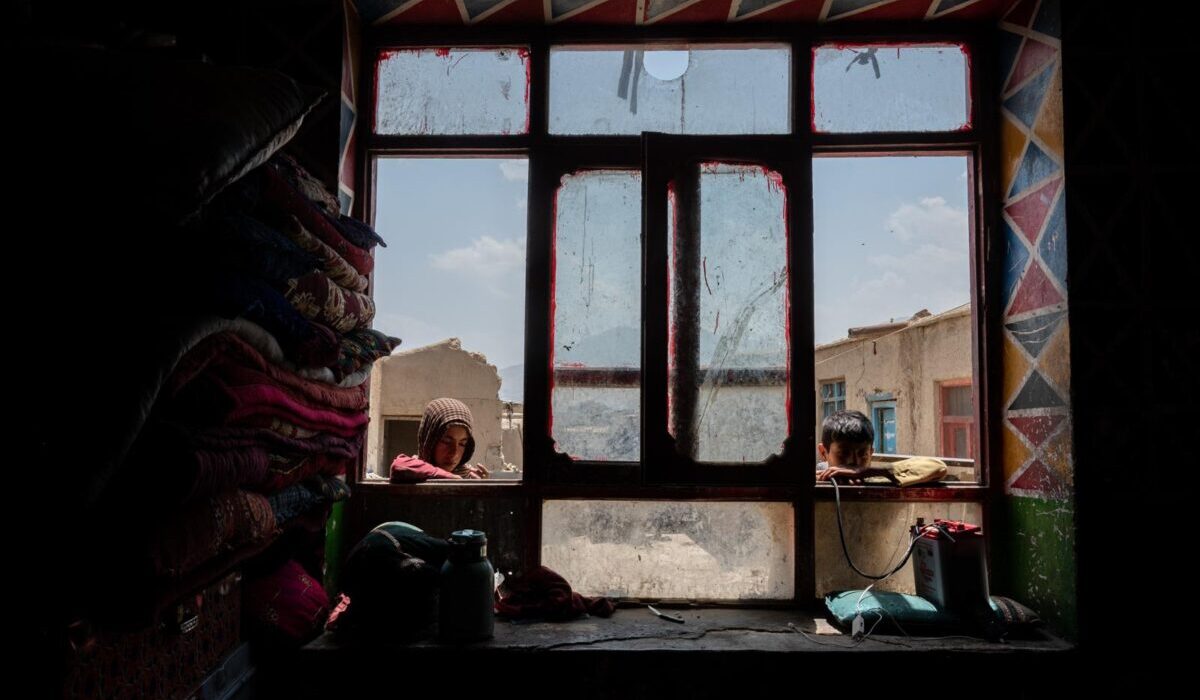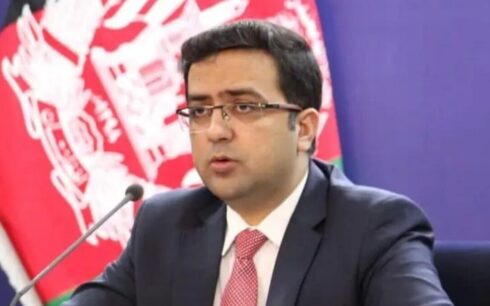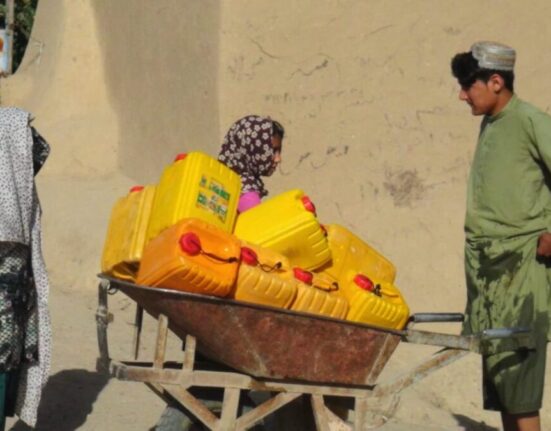KABUL, Afghanistan — Ten international aid agencies in a statement on Tuesday issued a stark warning that Afghanistan risks becoming a “forgotten crisis” if the global community fails to provide sustained support and long-term development assistance.
As millions of Afghans continue to suffer from deepening poverty, food insecurity, and the impacts of ongoing conflicts, the country’s population is increasingly paying the price for global neglect, the aid agencies said.
In a joint statement released on August 13, 2024, Action Against Hunger (ACF), CARE International, the Danish Refugee Council (DRC), International Rescue Committee (IRC), INTERSOS, Islamic Relief Worldwide (IRW), Norwegian Refugee Council (NRC), People in Need (PiN), Save the Children International, and World Vision International (WVI) highlighted the dire situation facing Afghanistan. The country, still reeling from decades of conflict and now further battered by economic and climate-related shocks, sees 23.7 million people—over half of them children—in desperate need of humanitarian assistance. Food insecurity is rampant, with 12.4 million people facing acute hunger, and the nation grapples with unemployment rates that have doubled over the past year.
Despite the critical need, the humanitarian response has been severely underfunded. As of mid-August, only 25% of the $4.62 billion requested for the Afghanistan Humanitarian Needs and Response Plan (HNRP) for 2024 had been received. This shortfall has already led to the shutdown of 343 mobile health teams, leaving vulnerable populations without essential lifesaving services. The aid agencies warned that this funding gap, coupled with the cessation of development assistance since the Taliban’s takeover in 2021, is driving the country into deeper poverty and insecurity.
The agencies emphasized that humanitarian aid alone cannot address Afghanistan’s profound challenges. “Afghanistan desperately needs long-term development assistance to tackle the root causes of poverty,” the statement read. The aid organizations urged the international community to engage in sustained diplomatic efforts with the de facto authorities (DfA) in Afghanistan to create an enabling environment for both emergency and development aid. This includes overcoming bureaucratic and administrative obstacles, ensuring unimpeded humanitarian access, and upholding international human rights standards.
Urgent calls for action
The joint statement laid out a series of urgent demands for the international community:
Increased Diplomatic Engagement: The agencies called for more robust diplomatic efforts to ensure that aid reaches all those in need, to press the Taliban to adhere to international human rights standards, and to maintain long-term relationship-building with the DfA.
Restoration of Development Funding: Donor countries were urged to restore development and long-term funding to help build resilient communities in Afghanistan. This includes investments in gender-responsive agriculture, climate change adaptation, and market-based approaches that support smallholder farmers and women-led businesses.
Protection of Humanitarian Space: The agencies stressed the importance of protecting the humanitarian space, ensuring that aid delivery remains needs-based and aligned with humanitarian principles.
Full Funding of the HNRP: The statement called for the full funding of the 2024 HNRP and an increase in quality funding for Afghan civil society organizations, particularly those led by women and persons with disabilities.
Support for Gender-Responsive Programming: The continuation of gender-responsive, multi-sectoral programs was highlighted as critical, with a call for flexible funding to ensure that vulnerable groups, especially women and girls, receive essential services.
Facilitation of Financial Transactions: The aid organizations urged donor governments to reassure financial service providers about conducting business in Afghanistan, to ease current impediments to the transfer of funds into the country.
The cost of inaction
The joint statement from the ten aid agencies underscores a grim reality: inaction from the international community is costing Afghans, particularly women and girls, dearly. Poverty is nearly universal, and humanitarian needs are soaring as the country faces an ever-worsening economic crisis, climate impacts, and dwindling aid.
As Afghanistan teeters on the brink of becoming a forgotten crisis, the international community is being called upon to step up its engagement, not only to provide immediate relief but to lay the groundwork for a more sustainable and stable future for the Afghan people. Without swift and decisive action, millions of Afghans could be left to suffer for years to come.





